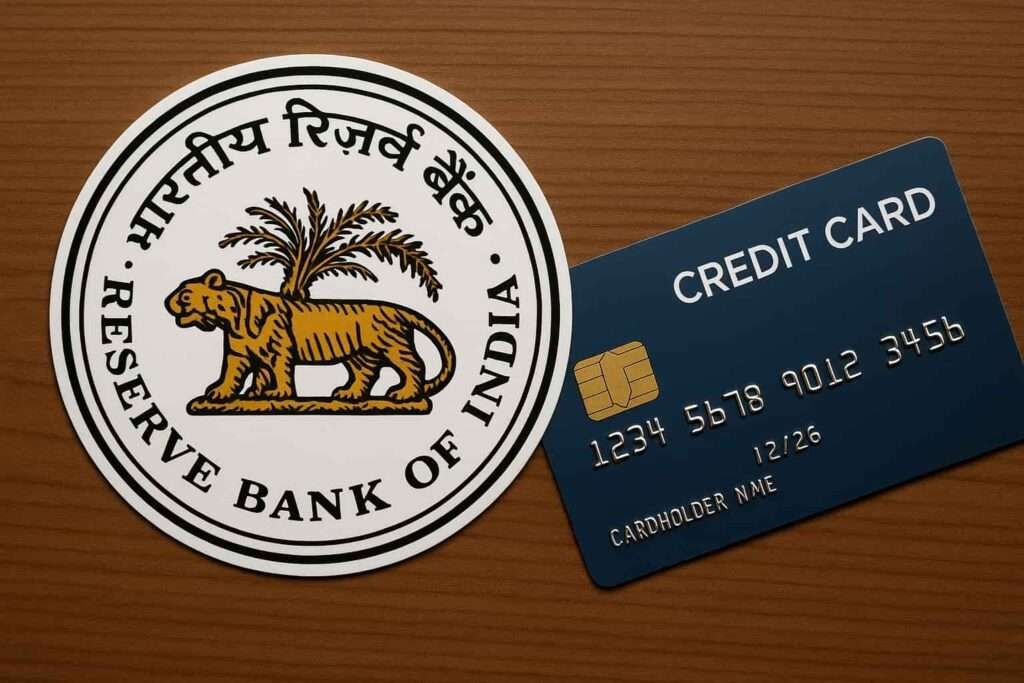November 7, 2025 – If you missed paying your credit card bill on time this month, there’s finally some relief on the way. The Reserve Bank of India (RBI) has introduced a 3-day grace period after the due date — meaning banks can’t slap you with late payment penalties or mark your account “past due” until that window passes.
So, if you’re just a day or two late, you can still fix it without being hit by extra fees or a credit score dip.
What exactly changes
Until now, even a one-day delay could trigger automatic late fees and a “past due” remark in your credit report. But under RBI’s updated rules, card issuers can levy penalties or report delays only if the payment remains unpaid for more than three days after the due date.
Example:
If your credit card bill is due on November 5, and you make the payment on November 6, 7, or 8, your bank cannot apply a late fee or report the delay.
However, if you pay on November 9 or later, late payment charges, GST, and interest will start applying as per your card’s terms.
“If you’ve missed the due date by 1–2 days, act quickly — paying within the 3-day window can save you from extra cost.”
Credit card usage is rising — and so are missed payments
- India had over 10.3 crore active credit cards in circulation as of September 2025.
- Average monthly card spends crossed ₹1.9 lakh crore, according to RBI data.
- Yet, nearly 12–14% of users miss their payment deadlines, often by just a day or two, it leads to unnecessary penalties or late fees.
This 3-day rule helps cushion those minor lapses or end time failure, especially in an era where UPI failures and app glitches are common.
But it’s not a free pass
The grace period doesn’t mean you can skip your due date casually. Interest will still apply on unpaid balances, and your interest-free period resets only when you pay the total bill amount.
Setting up auto-debit for the minimum due remains the best way to stay penalty-free.
EaseMoney Take
Unlike before — when even a 24-hour delay could cost you — the RBI’s move adds a bit of empathy to the system. It recognises that honest payment delays happen, and punishing them instantly doesn’t make sense.
For disciplined users, this means fewer penalties, cleaner credit scores, and more flexibility — without compromising financial responsibility.
RBI Source
As per the RBI Master Direction on Credit Card and Debit Card – Issuance and Conduct (2022),
“Card issuers may report an account as ‘past due’ or levy penal charges only when payment remains unpaid for more than three days after the due date.”
🔗 Read the official RBI notification here
Read News – RBI Brings More Gold Back Home, Keeps 65% of India’s Reserves in the Country

